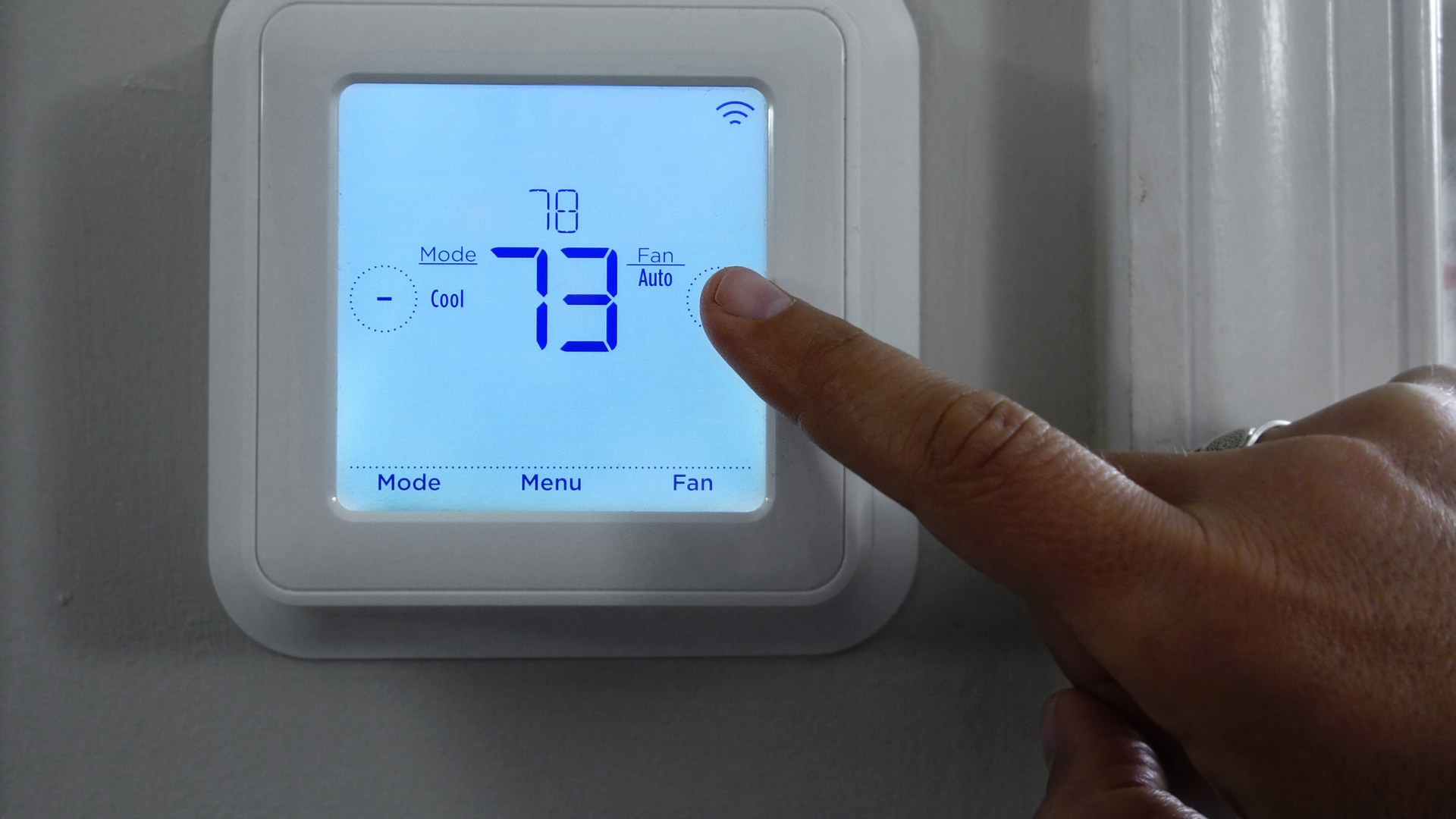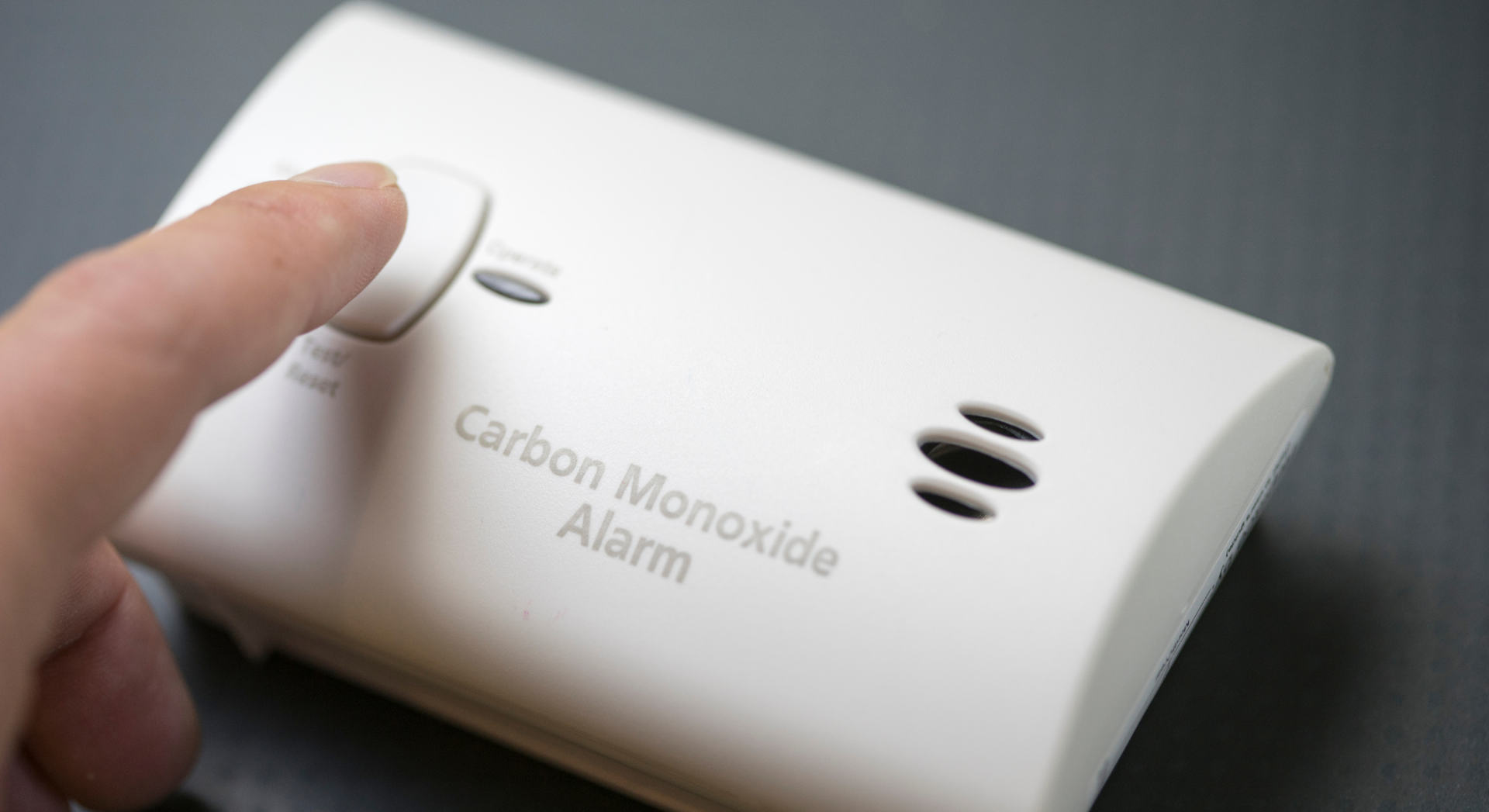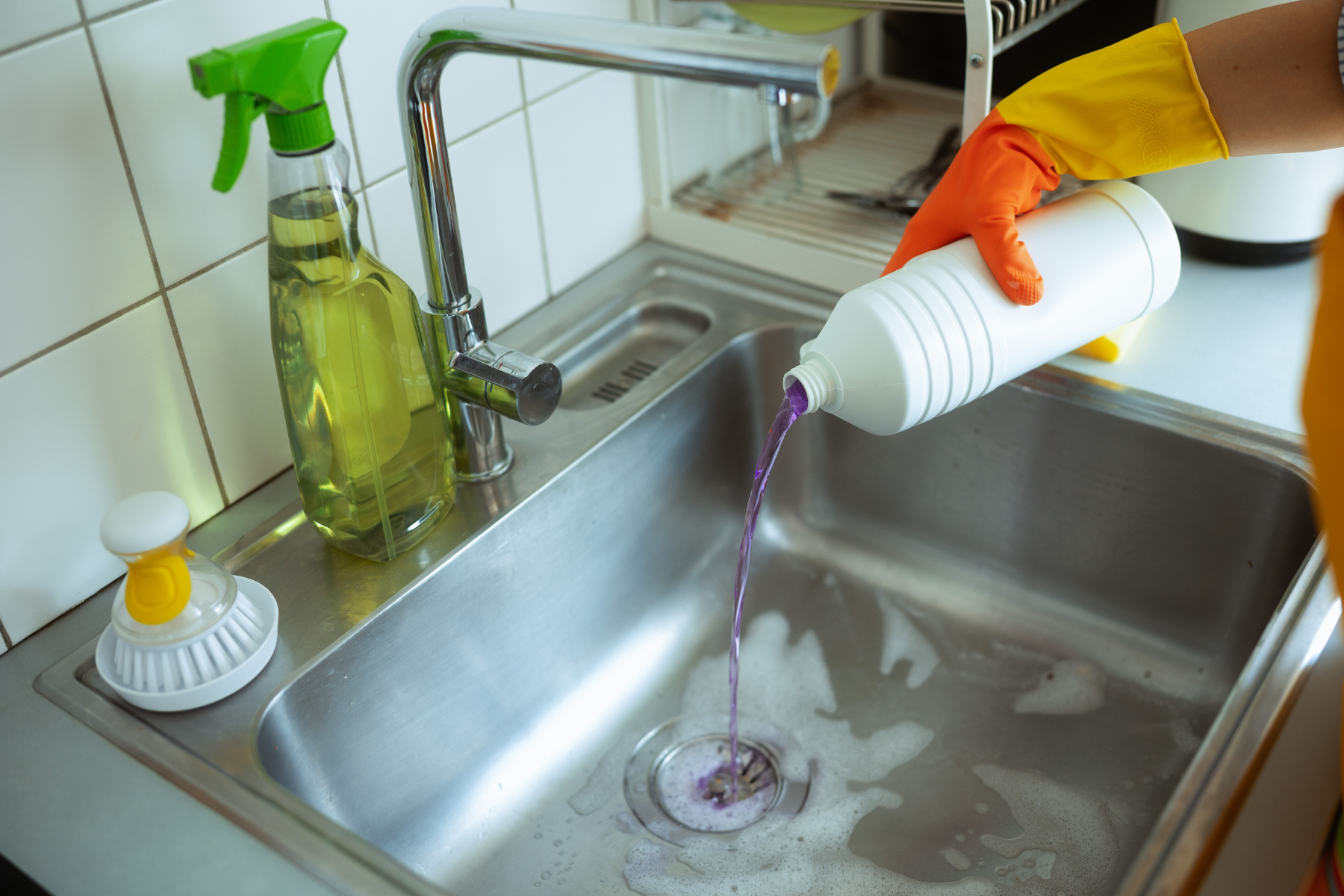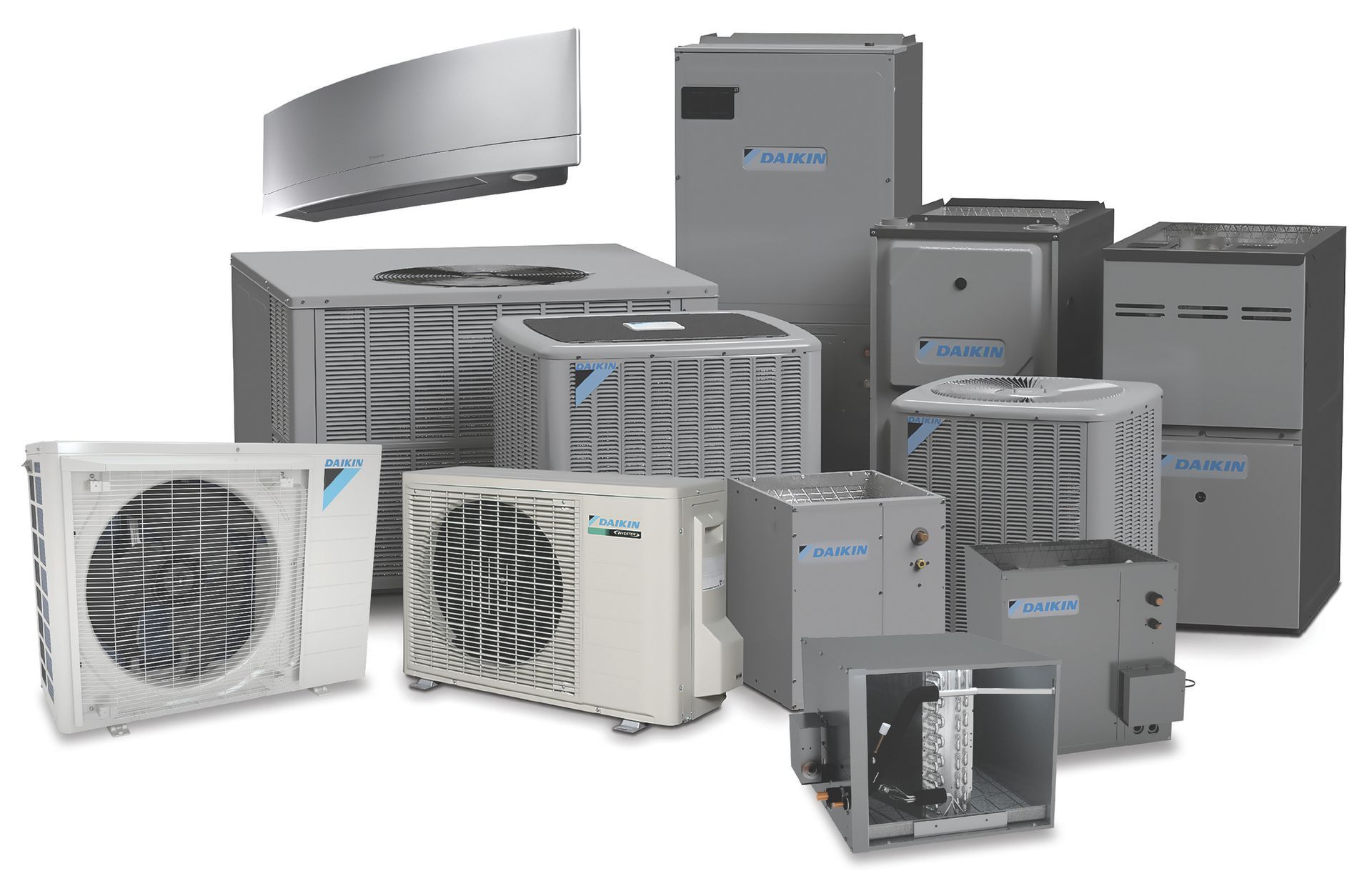The Homeowner's Guide to Soft Start Kits for Your Air Conditioner
The Homeowner's Guide to Soft Start Kits for Your Air Conditioner

Air conditioning is a necessity for a comfortable home, but the power surge when your AC unit kicks on can be a jolt—not just to your home's electrical system, but to your wallet. This is where a soft start kit comes in. If you've ever wondered how to reduce the stress on your air conditioner and save a little money on your energy bill, this guide is for you.
What Is a Soft Start Kit?
A soft start kit is a device that can be installed on your air conditioner's compressor. Its primary function is to eliminate the large, instantaneous surge of electricity—the "hard start"—that happens every time your AC unit turns on. Instead of drawing a massive amount of power all at once, the soft start kit gradually ramps up the voltage and current to the compressor. This allows the system to start smoothly and quietly, consuming far less power during startup.
How It Helps Your Air Conditioning System
Installing a soft start kit provides several key benefits for your AC unit and your home:
- Reduces Stress on the Compressor: The hard starts of a traditional AC system put significant wear and tear on the compressor over time. A soft start kit minimizes this stress, potentially extending the lifespan of your unit.
- Lowers Energy Consumption: By eliminating the initial power spike, a soft start kit can help reduce your energy bills. This is especially true for homes with frequent AC cycles.
- Prevents Light Flicker: The sudden demand for power from a hard-starting AC unit can cause the lights in your home to dim or flicker. A soft start kit eliminates this annoying side effect.
- Allows for Off-Grid or Generator Use: For homeowners with RVs, boats, or those who rely on a generator during a power outage, a soft start kit can make it possible to run a full-sized air conditioner. The reduced starting current means the AC won't trip the breaker on a smaller power source.
What Homeowners Need to Know About Using One
Before you decide to install a soft start kit, here are a few things to consider:
- Professional Installation: While a soft start kit might seem like a simple add-on, it should always be installed by a qualified HVAC technician. Improper installation can damage your AC system and may void its warranty.
- Not a Repair Solution: A soft start kit is a preventative measure, not a fix for a broken AC unit. If your air conditioner is already struggling to start or is making unusual noises, have it inspected by a professional before considering a soft start kit.
- Cost vs. Benefit: The cost of a soft start kit and its installation can vary. It's important to weigh this against the potential savings on your electricity bill and the added lifespan of your unit to determine if it's a worthwhile investment for your home.
- Compatibility: Most soft start kits are universal, but it's crucial to ensure the one you choose is compatible with your specific AC unit model. Your HVAC technician can help you select the right one.
Click Another Article to Read More










